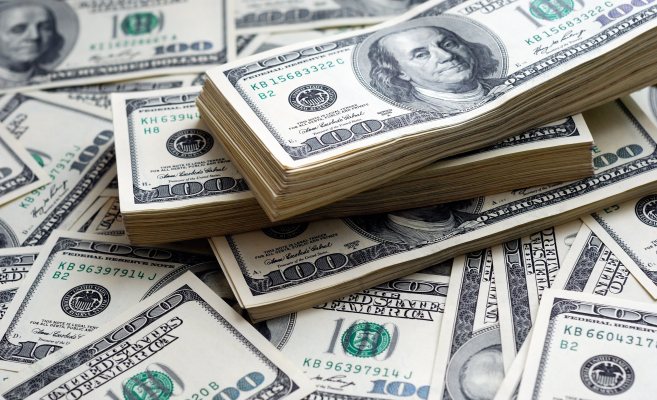We’re barely halfway through Single’s Day, China’s largest online shopping day, but already the records are tumbling.
Alibaba, the most visible and best-known online retailer from China, and its chief rival JD.com both surpassed their final tallies from November 11 2014 at around today’s halfway mark. Alibaba had beaten its $9.2 billion tally from last year by 12:30, while JD.com topped the 14 million orders that it clocked in 2014 by 11:30.
(For reference, spending on Thanksgiving in the U.S. is estimated to have topped $1 billion last year, with Black Friday 2014 said to have reaped $1.5 billion — yes, China’s Single’s Day is an online sales bonanza… and then some.)
This growth from China is impressive, but also somewhat inevitable. Alibaba, JD.com, and others have spent at least a month publicizing their Single’s Day initiatives to customers, as the importance and visibility of online commerce continues to rise in China.
Also, both companies saw huge year-on-year growth on Single’s Day 2014. Alibaba’s gross sales grew to $9.3 billion from $5.75 billion in 2013; JD.com said its order numbers were 120 percent higher on Single’s Day 2014 than 2013.
Beyond the dizzying figures, Single’s Day is a chance to look at upcoming trends in China’s e-commerce market, and most notably that means mobile and customers in more rural areas. Last year, more than 40 percent of Alibaba’s 11/11 revenue came from customers using mobile devices, while smaller towns and cities were cited as a fast-growing segment, albeit without a raw stat to back that up.
This year, 11/11 fever has spread into other parts of the world, and not just as a result of Alibaba, Amazon or other companies’ global tentacles. In India, 11/11 has combined with Diwali to become a major sales campaign for Flipkart, Amazon and Snapdeal, while e-commerce companies in Southeast Asia are also trying to get in on the festivities with a two-day sale for customers in the region.
On first glance, however, it looks like it’ll be some time before these exported sales drives gain anything like the kind of momentum that they enjoy in China, where the sales are truly mainstream. Alibaba, for example, sold more than 200,000 bottles of detergent on 11/11 last year, while JD.com said sales of imported milk rose 900 percent.
“Chinese users now plan their shopping around this promo day,” Hans Tung, managing partner of GGV Capital (an early investor in Alibaba) told us during last year’s sales event. “They have come to expect great deals. And are willing to wait for it to buy. So this sales record will likely be broken every year.”
